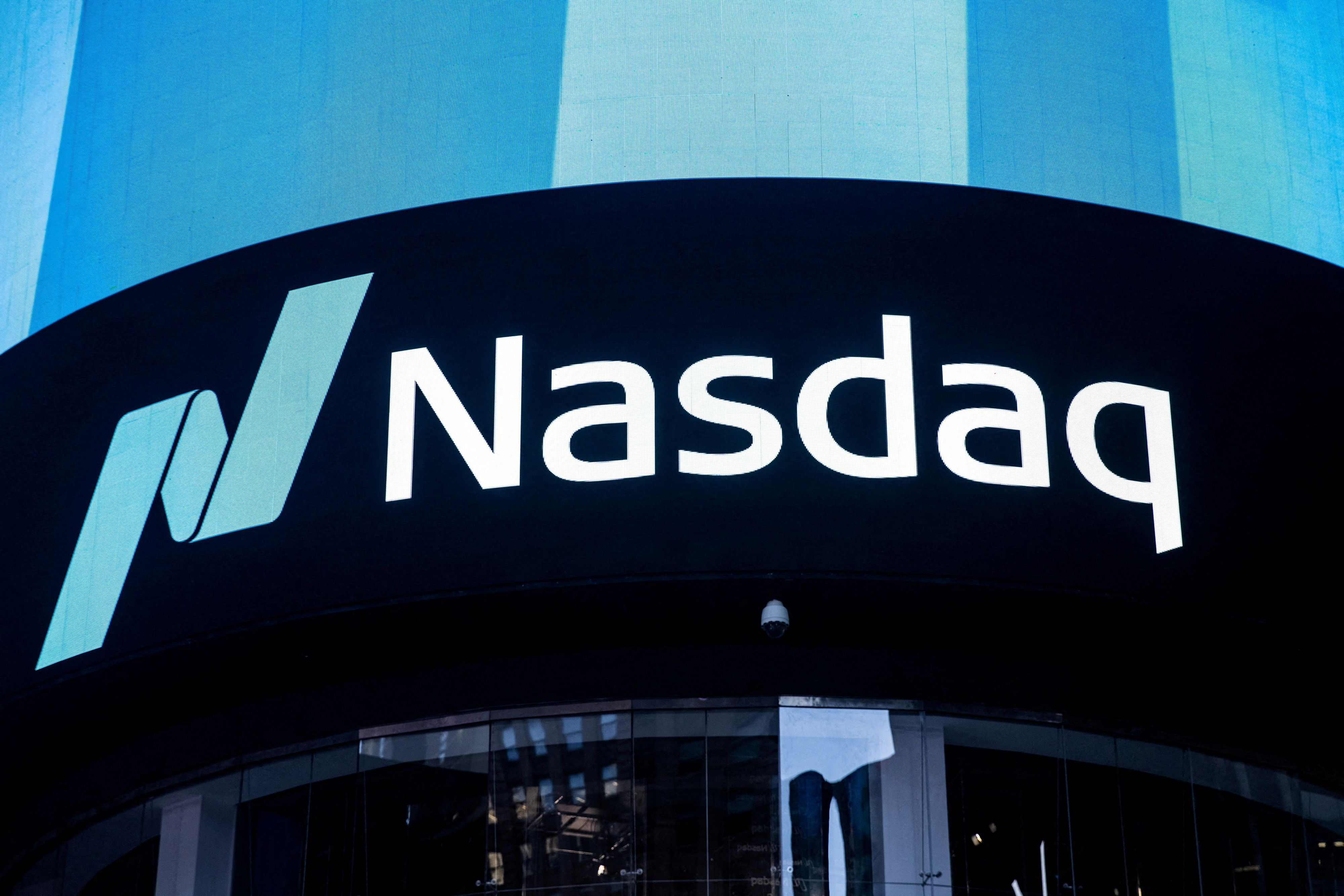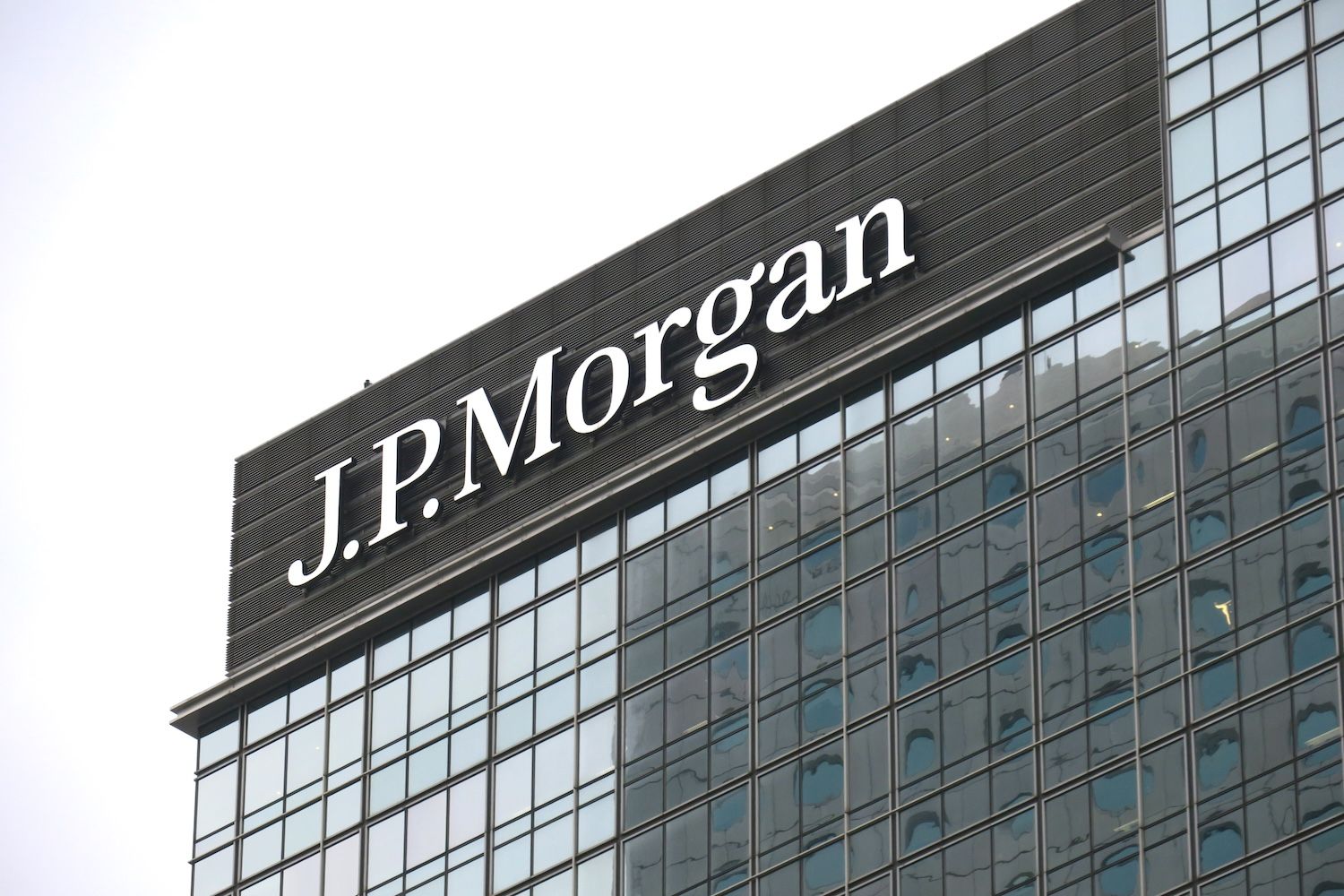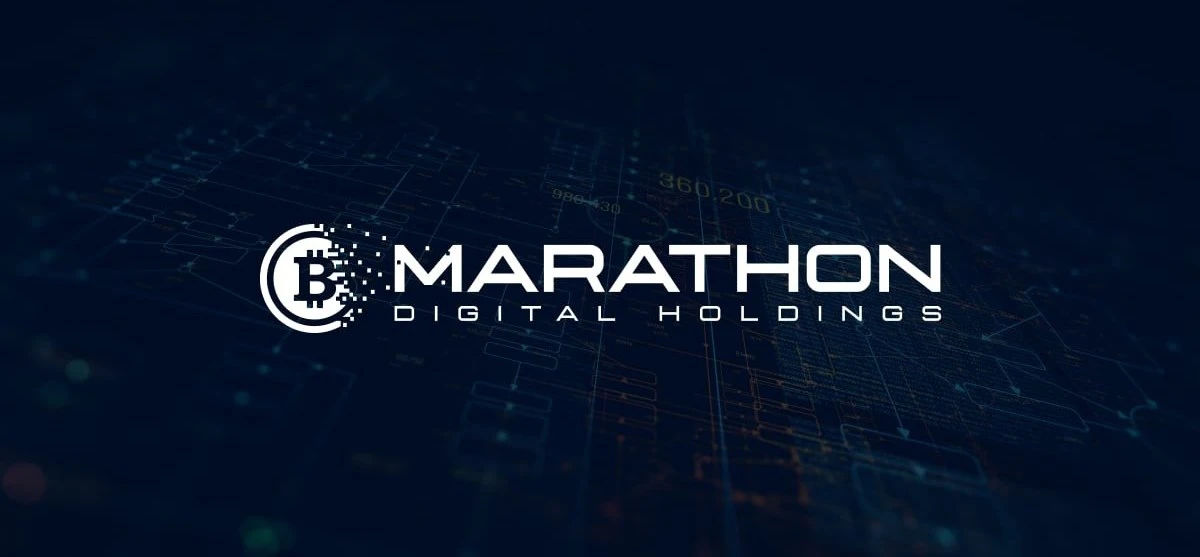Blog

Amazon doubles down on AI with $20B
Jun-10-2025
Training and education programs part of the deal
Amazon and other tech giants ramp up AI expansion
Crypto mining companies shift resources to AI
Amazon is planning to pour $20 billion into the US state of Pennsylvania to build two new data centers to expand its AI infrastructure.
The location for the data centers is still up in the air, with Salem Township and Falls Township as the frontrunners, but other Pennsylvania communities are under consideration, according to a June 9 statement from Amazon.
The AI arms race between companies has been heating up this year, with Meta reportedly in talks back in February to build a data center campus for AI projects and OpenAI announcing in January it was investing $500 billion for new AI infrastructure over the next four years.
Training and education programs part of the deal
Along with the data centers, Amazon said it has partnered with Pennsylvania educational institutions and workforce organizations to create training centers that support careers in cloud computing infrastructure.
The training and education programs are expected to include data center technician programs, fiber optic fusion splicing workshops and STEM awareness and learning opportunities for K-12 schools.
Amazon said its efforts are geared toward securing the US as a leader in the accelerating AI race.
“Our strategic investments in advanced computing infrastructure and specialized AI hardware are building the technology backbone for the next generation of generative and agentic AI, and helping to secure America’s position at the forefront of global innovation,” Amazon said.
Amazon and other tech giants ramp up AI expansion
The tech giant also made similar commitments in North Carolina on June 4, with a $10 billion investment to expand its data center infrastructure to support AI and cloud computing technologies.
US firms have begun ramping up AI expansion. On May 29, social media giant Meta joined the growing list of firms developing AI-powered technology for the US military, entering a deal to create AI-powered virtual and augmented reality gear.
Meanwhile, Nvidia CEO Jensen Huang said in November that his firm is focused on being at the forefront of agentic AI, and Microsoft said in September that it was establishing two AI centers in Abu Dhabi.
Crypto mining companies shift resources to AI
Bitcoin (BTC) mining companies have also been diversifying their income streams to include AI, converting some of their crypto mining operations to help run compute-intensive large language models.
Riot Platforms appointed three new directors to its board in February, one of whom has experience converting Bitcoin mining assets toward HPC. Hive Digital, Hut 8 and Iris Energy converted part of their operations to HPC and AI last year.
TeraWulf sold its stake in a Bitcoin mining facility for $92 million in October, with the proceeds marked for hosting AI and building HPC data centers.
In an August report, asset manager VanEck estimated that if publicly traded Bitcoin mining companies shifted 20% of their energy capacity to AI and HPC by 2027, they could increase additional yearly profits by $13.9 billion over 13 years.
Read more

Nasdaq Proposes Adding XRP, SOL, ADA, XLM to Index
Jun-9-2025
Nasdaq seeks SEC approval to diversify crypto indices.
Aims to include XRP, SOL, ADA, and XLM.
Potential increase in ETFs’ altcoin investments.
The inclusion of four altcoins by Nasdaq signals a noteworthy shift in institutional acceptance, potentially enhancing liquidity and investor interest as market dynamics evolve. This move is seen as pivotal for developing altcoin-related financial products.
Nasdaq's recent filing with the SEC seeks to add new constituents such as XRP, SOL, ADA, and XLM to its digital asset indices. The current index primarily tracks Bitcoin and Ethereum. Hashdex, the ETF sponsor, adapts to this proposed change.
Increased institutional interest is expected should the SEC approve. This could lead to enhanced credibility for included assets. Meanwhile, current rules restrict the ETF to Bitcoin and Ethereum until November 2025 when the SEC will decide.
"Nasdaq reconstituted the NCIUS index to include ADA, SOL, XLM, and XRP—cryptocurrencies that have often found themselves in regulatory limbo. The newly added tokens are now collectively referred to as the ‘New Index Constituents’ and are included for index valuation and performance tracking." - Source: Expert Opinions
Market dynamics may shift with the potential for new ETFs incorporating these altcoins, broadening investment avenues. SEC acceptance of these altcoins represents a milestone in establishing their credibility within U.S. financial systems.
The potential financial impact on industry players could be substantial. Historical data suggests additional altcoins in a benchmark typically enhance liquidity and grow market capitalization. Analysts and experts anticipate various regulatory, financial, and technological implications upon approval.
Read more
.jpg?updatedAt=1749188217291)
BlackRock's Strategic Cryptocurrency Acquisition
Jun-6-2025
BlackRock's major investment in Bitcoin and Ethereum enhances market legitimacy.
Institutional buying may influence Bitcoin and Ethereum prices.
Shifting whale sentiment reflects institutional preference for Ethereum.
BlackRock, the world’s largest asset manager, has acquired $357 million worth of Bitcoin and Ethereum via its iShares Bitcoin Trust in June 2025.
BlackRock's Strategic Move
This move involves BlackRock acquiring approximately 2,704 Bitcoin and 28,239 Ethereum through the iShares Bitcoin Trust. This purchase marks a significant undertaking, underscoring BlackRock's deeper integration into the burgeoning cryptocurrency market. The $357 million investment reflects a marked increase in BlackRock's crypto holdings, pointing towards a strategic shift within their portfolio management. The lack of official leadership statements highlights an atypically low-profile approach amidst substantial market changes.
BlackRock (via iShares Bitcoin Trust) - quote: "BlackRock's acquisition of $357 million in crypto highlights their intent to integrate major cryptocurrencies into mainstream, diversified institutional portfolios."
Market Implications
Such actions often lead to increased legitimacy and adoption of cryptocurrencies by institutional players, reinforcing their role in diversified financial portfolios. Large acquisitions typically influence market prices positively. The involvement of a prominent financial entity like BlackRock could potentially catalyze similar moves by other institutional investors. The transaction may lead to immediate price shifts within the cryptocurrency market as it signifies confidence from major financial institutions.
Regulatory and Institutional Dynamics
The purchase aligns with growing regulatory clarity around cryptocurrency investments. Institutional investors show a preference for Ethereum, possibly driving further accumulation patterns. Historical patterns suggest that substantial institutional entries usually bolster liquidity and trading volumes, influencing broader market trends. These outcomes could pave the way for more dynamic price actions and investor interest in cryptocurrencies. BlackRock’s move might accelerate the institutionalization of digital assets, particularly if followed by similar actions from other large asset managers.
Read more

JPMorgan Chase Accepts $128 Billion Bitcoin ETF Market as Loan Collateral
Jun-5-2025
PMorgan Chase will allow trading and wealth management clients to use cryptocurrency exchange-traded funds as loan collateral, marking the banking giant's most significant expansion into digital asset financing. The policy applies globally across all client segments and begins with BlackRock's iShares Bitcoin Trust, with additional ETFs planned for future inclusion.
What to Know:
JPMorgan will accept Bitcoin ETFs as collateral for loans across all client types, from retail to institutional investors
The bank plans to factor crypto holdings into net worth calculations alongside traditional assets like stocks and fine art
This policy shift reflects broader Wall Street adoption as spot Bitcoin ETFs have accumulated $128 billion in combined assets since their January 2024 launch
Wall Street's Growing Crypto Integration
The move represents a formalization of services previously offered on a limited basis. JPMorgan's decision follows similar steps by other major financial institutions seeking broader crypto integration.
Morgan Stanley recently announced plans to bring cryptocurrency trading to its E*Trade platform. These developments signal a fundamental shift in how traditional finance views digital assets. The timing coincides with regulatory changes under the Trump administration, which has adopted a more favorable stance toward cryptocurrencies since taking office in January.
Spot Bitcoin ETFs have experienced unprecedented growth since their introduction. The funds now rank among the most successful ETF launches in history. Their rapid asset accumulation demonstrates institutional and retail investor appetite for regulated crypto exposure.
Bitcoin's price performance has bolstered confidence in these products. The cryptocurrency reached a record high of $111,980 in May 2025. This price appreciation has increased the underlying value of ETF holdings, making them more attractive as collateral instruments.
JPMorgan's Evolving Digital Asset Strategy
The bank's latest policy change builds on years of blockchain experimentation and strategic partnerships. JPMorgan maintains relationships with major crypto firms including Coinbase. These connections have provided infrastructure for the bank's gradual digital asset integration.
CEO Jamie Dimon's public statements reflect the bank's pragmatic approach to cryptocurrency. Despite personal skepticism, Dimon has consistently defended client access rights. At the firm's May investor day, he stated his position clearly: "I'm not a fan of Bitcoin."
His analogy drew parallels to personal freedom of choice. "I don't think we should smoke, but I defend your right to smoke," Dimon explained. "I defend your right to buy Bitcoin, go at it." This philosophy appears to drive JPMorgan's client-focused crypto policies.
The bank's lending framework will now treat digital assets similarly to traditional collateral. Crypto holdings will factor into net worth and liquidity assessments alongside stocks, vehicles, and fine art. This standardization represents a significant operational shift for the institution.
Market Response and Industry Implications
The announcement comes as Bitcoin ETFs continue attracting institutional investment. Their $128 billion in combined assets reflects growing mainstream acceptance. Financial advisors increasingly recommend these products for portfolio diversification.
JPMorgan's policy change may encourage other banks to expand crypto services. The institution's size and influence often set industry standards. Competitors will likely evaluate similar collateral programs to remain competitive.
Regulatory clarity has facilitated these developments. The current administration's crypto-friendly policies have reduced compliance concerns. Banks feel more confident offering digital asset services under clearer regulatory guidance.
Closing Thoughts
JPMorgan's decision to accept Bitcoin ETFs as loan collateral marks a watershed moment for cryptocurrency's integration into traditional banking. The policy reflects both growing institutional acceptance and regulatory clarity that has enabled major financial firms to expand their digital asset offerings systematically.
Read more

MARA Mines 950 BTC in May, Hits Record Block Count Post-Halving
Jun-4-2025
The company chose to hold all of the mined Bitcoin, raising its total reserves to 49,179 BTC, solidifying its position as the second-largest publicly traded Bitcoin treasury.
Block Production Reaches All-Time High
May also delivered a milestone in mining activity for Marathon, with the company winning 282 blocks, a new monthly record. This represents a 38% increase in block wins compared to April and a 35% month-over-month gain in BTC production.
While still below MARA’s peak of 1,853 BTC mined in December 2023, May’s performance marks the firm’s best result since the 2024 halving, which cut block rewards in half and forced miners to adapt their strategies.
Post-Halving Strategy: Expansion and AI Infrastructure
In response to the halving’s impact on revenue, Marathon has increasingly diversified into AI infrastructure services and has accelerated plans to expand mining capacity. In March, the firm announced it would raise up to $2 billion via stock offerings to grow its Bitcoin holdings and invest in mining upgrades.
This dual strategy—expanding mining operations while leveraging AI infrastructure—aims to keep Marathon competitive in a post-halving landscape where efficiency and diversification are critical.
With momentum building again in its core mining operations, Marathon appears well-positioned to capitalize on the next wave of institutional Bitcoin adoption.
Read more






